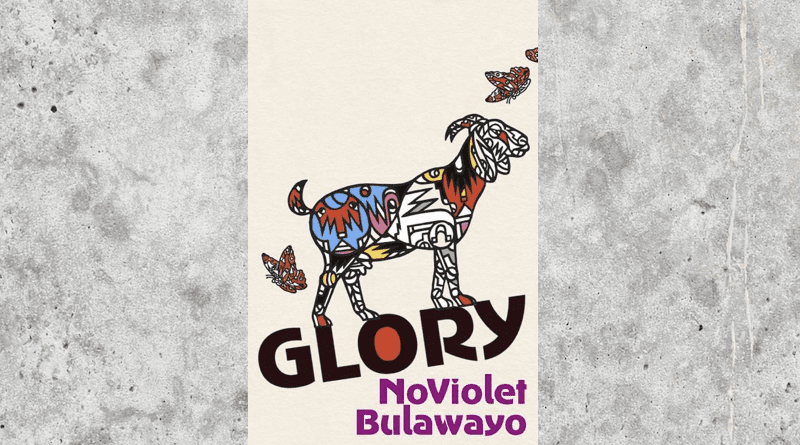Zimbabwean Novelist’s New Book ‘Glory’: A Brilliant Postcolonial Fable – Book Review
By IDN
By Lisa Vives
Zimbabwean novelist NoViolet Bulawayo is one of six finalists for the Booker Prize, the renowned British literary award, with a post-colonial fable resembling the home city that provides half of her pen name; the other half, NoViolet, links the Ndebele word for “with” to the name of her mother, who died when her daughter was 18 months old.
If she wins on October 17, her fable “Glory” could become the second African piece to be awarded in a row, writes Violet Kupersmith in a New York Times review.
“Glory,” her latest book, is set in Jidada, a fictional African country that can be understood as a sort of mash-up of Zimbabwe in the period between the 2017 military overthrow of its president, Robert Mugabe, and his death two years later. The other inhabitants of Jidada are pigs and cows, goats and sheep, cats and dogs, chickens and the odd peacock.
There is a very large and symbol-laden crocodile who recalls the real-life nicknames given to Mugabe’s human replacement, Emmerson Mnangagwa, and also to the South African prime minister P. W. Botha, a supporter of apartheid. The fable follows the life of a nation that is seemingly trapped in a never-ending cycle.
There are no men or women in “Glory”; there is no personhood at all, only “mals” and “femals,” observes Kupersmith. “Things that are kept private are “persomal” matters. By taking humans out of the equation, Bulawayo eliminates the hierarchies that their presence would impose.”
Narrating from the perspective of a chorus of unseen Jidadans, Bulawayo displays a mordant wit with a delightful, off-kilter edge, says Kupersmith. She has a gift for coming up with wildly specific and marvelously irreverent turns of phrase, as when the chorus describes the way election officials at a polling station “handle us like something precious; we feel like some Fabergé eggs, like the testicles of great kings.”
Her most righteous and potent barbs are reserved for the corrupt mals plundering their own country. In 2013, her debut novel “We Need New Names” made it to the shortlist of the Booker’s prize. The leading literary award jury closely read what it called “a bittersweet portrayal of life in a ramshackle Zimbabwean shantytown called Paradise”.
NoViolet Bulawayo was born Elizabeth Zandile Tshele. She grew up in Bulawayo, a city located over 300 kms southwest of Harare. When she was eighteen, she studied in Michigan and Texas before earning a master’s at Cornell University and being awarded the Truman Capote Fellowship, both in creative writing.
The murder of George Floyd and the global protests that followed it prompted Bulawayo to reflect on the links between abuses of power across countries and societies, and on her own responsibility as a writer.
“This is a point in my work where I have to pause and consider how I position myself in relation to the world, and what is happening; to push my art to do more, to be engaged, and to continue to be in solidarity with struggles for all kinds of freedom everywhere.”

